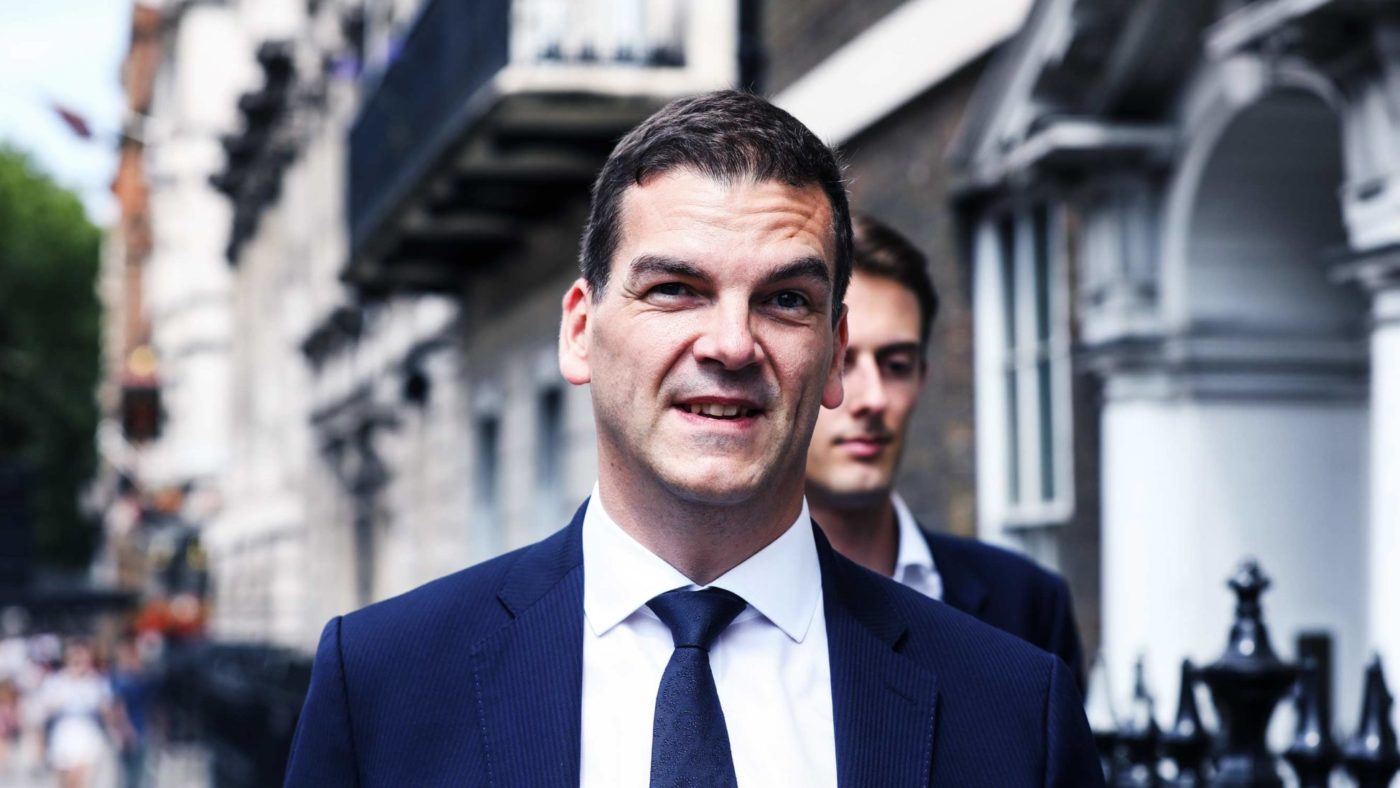Another day, another clodhopping misstep in the on-going pantomime of the government’s Brexit negotiations.
There are many questions that arise from the ITV exclusive last night centred on overheard comments by Theresa May’s chief negotiator, Olly Robbins, in a Brussels hotel. The first and most obvious one is: why on earth was a man in his position expounding, loudly, in a public place, on an issue of such obvious political sensitivity?
Was he showing off? Did he perhaps imagine that hotel bars are similar to priests’ confessional boxes, that anyone nearby would naturally be discreet with any overheard morsel of juicy gossip? Or perhaps he assumed that Brexit isn’t a particularly interesting or important political issue, so why would any journalists be staying in that particular Brussels hotel anyway? Haven’t they got any real news stories to cover?
Stepping beyond the issue of whether the attributes that made the British civil service the world’s best – discretion, judgment, professionalism and political neutrality – have gone the way of the cassette tape and the eight-track, we have to address the damage Robbins has done, not only to his boss, the Prime Minister, but to the country at this delicate point in time. Why would he have talked so blithely (and carelessly) about a “long” extension to the Article 50 departure timetable unless he had spoken of that possibility with Theresa May first?
And yet she has repeatedly insisted that Britain will be leaving the EU as planned on March 29, giving the distinct impression that an extension, however long, is out of the question. So is Robbins no longer privy to May’s thoughts? That would be an intolerable situation, given his central role in the negotiations with the EU27.
We must conclude either that she has lost confidence in Robbins or (more likely) that an extension of Article 50 is indeed on the cards, either to allow the Commons more time to debate and vote on a withdrawal deal, or to complete the necessary legislative preparations that will be needed for our post-EU existence.
May’s problem for a very long time has been that she has taken to heart the notion that any politician seen publicly to change their mind on anything is weakened in the eyes of the public. True to the “Maybot” caricature, she prefers repeatedly to restate the position she reached at the very start of the policy process, and to insist that “nothing has changed” irrespective of any evidence to the contrary.
It can hardly be surprising that her party critics in the European Research Group (ERG) of Tory MPs have read the reports of Robbins’ indiscretions and smelled a rat. To them, “extension of Article 50” is the exact equivalent of betrayal of Brexit, confounding the democratic will of the people, giving into the political establishment, etc. But this need not be the case.
Theresa May needs to own any extension to Article 50. She needs to approach an inevitable extension (if it is indeed inevitable) using the exact opposite approach she took when reporting back to the Commons on the withdrawal deal she had concluded with the EU at the end of last year. Then, she made it positively easy for everyone to hate her deal, since it looked like she was apologising for it, not promoting it. It took the intervention of Michael Gove, the Leave-supporting environment secretary, to produce a positive, articulate and enthusiastic endorsement of her package, including the backstop. But by then it was too late to persuade either Parliament or country of its merits, and we all know what happened next.
This time, May needs to take charge of events and make a cool, rational assessment of the need to extend Article 50. If such an analysis concludes that, for practical purposes, such an extension is required, she should trumpet it from the rooftop of Number 10. She should not apologise for it – she should demand it. If she does so in the context of simply requiring more time to make Britain ready for Brexit – and especially if she does it even after the Commons finally approves her deal – she will reduce the need to be at all defensive. She can say to the country: “We are leaving, but I’d rather leave when we’re ready than do it unprepared. Yes, we should be more prepared than we are, and I’m sorry about that. But this isn’t about timetables or party political advantage – this is about doing what’s best for Britain.”
And while she’s at it, she can reassure the country and her own party that an extension will explicitly not be used to prepare or to legislate for a second referendum.
This would be a break from the Prime Minister’s past habits. But if she doesn’t take a new, fresh approach to her communications, we will be left with the impression that she’s saying one thing to her closest adviser and another to Parliament and country.
Even for a prime minister as damaged as Theresa May, that would be an unsustainable situation. With only six weeks until Brexit Day (theoretically) she needs to stop worrying about her versions of clarity and consistency, and more focused on the practical implications of what Olly Robbins is shouting about in Brussels bars.
CapX depends on the generosity of its readers. If you value what we do, please consider making a donation.


